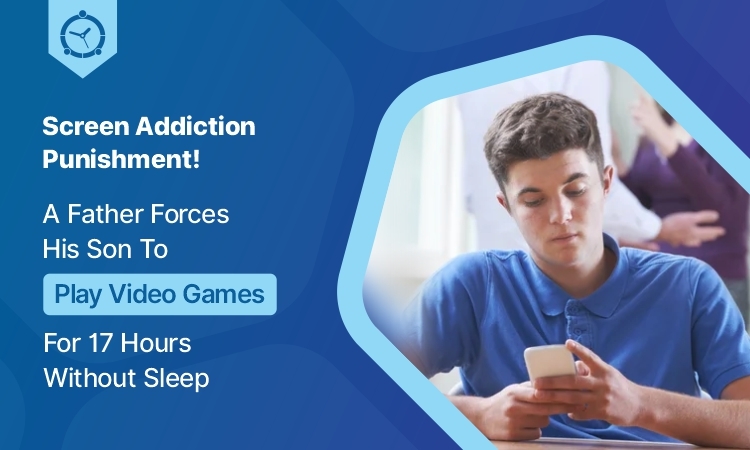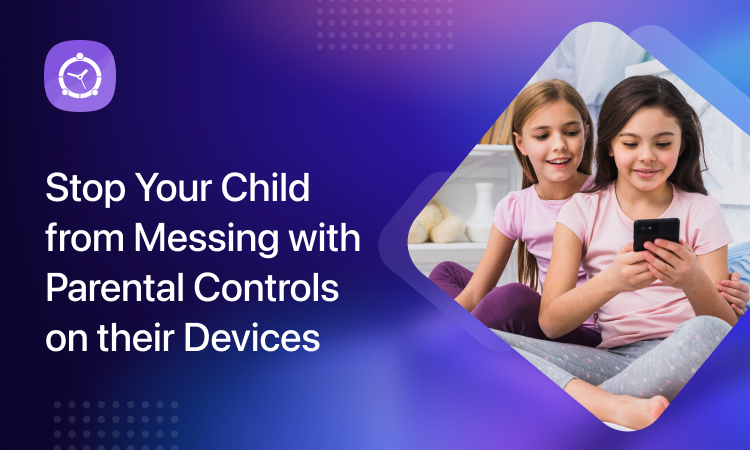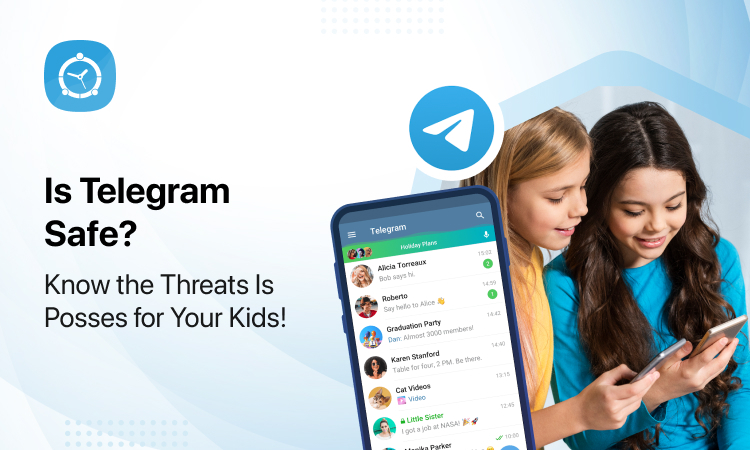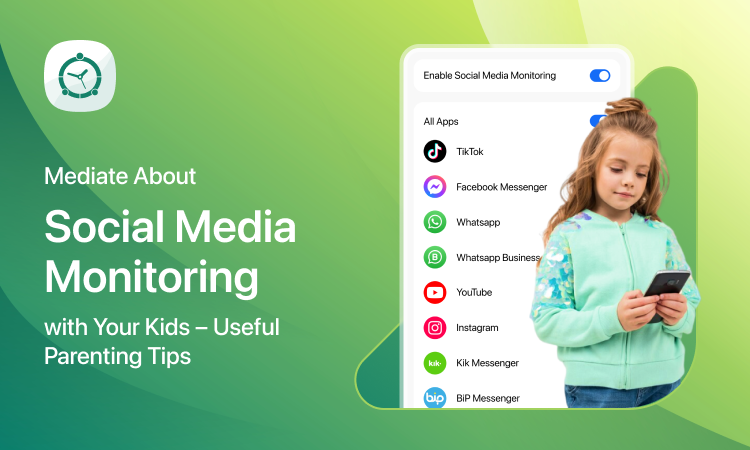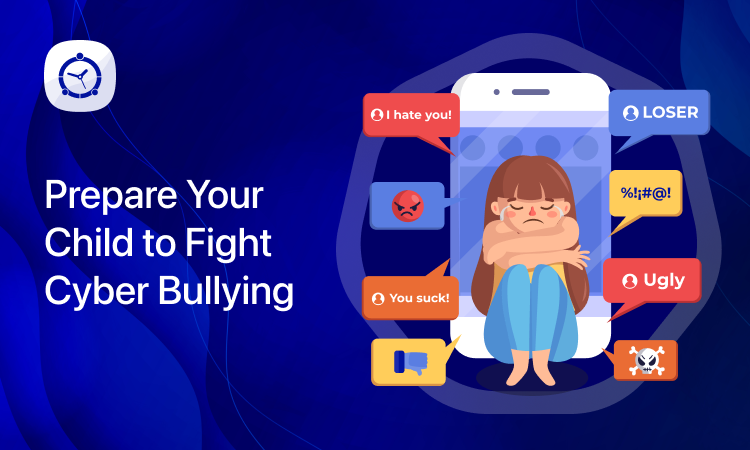Screen addiction is a growing concern in today’s society, with many individuals, especially children, spending countless hours in front of screens playing video games, watching TV shows, and browsing social media. While technology has many benefits, excessive screen time can have negative effects on our physical and mental health, including poor sleep quality, eye strain, and social isolation.
Recently, a father made headlines for punishing his son’s screen addiction by forcing him to play video games for 17 hours without sleep. While this extreme punishment may seem counterintuitive, the father claimed that it helped his son realize the harmful effects of excessive screen time.
A Chinese father saw his 11-year-old son using a mobile phone in bed and forced him to play video games as part of his screen for 17 hours without sleep. Because he saw his son’s condition that his eyes are full of sleep but still his addiction to the screen won’t allow him to leave the screen even at bedtime and he was playing video games just for the sake of his addiction.
So, the father decided to punish his son to realize the screen time and its limit too. Because excessive use of anything is harmful. While the approach may seem unconventional, it highlights the importance of setting boundaries around screen time and promoting healthy habits.
As soon as the son broke down in tears and agreed to a new playing time limit, the father stopped the punishment. The son wrote an apology note and paste it on his computer in which he promises his father as well as himself that he will never exceed the screen limit and falls asleep as early as possible.
The father posted the whole video of the punishment on a Chinese social media platform to make it viral and spread throughout the world to teach those addicted children a lesson.
This punishment, while extreme, highlights the severity of screen addiction and the lengths some individuals will go to feed their addiction. While the father’s intentions may have been to teach his son a lesson, the punishment can be detrimental to his son’s health and well-being.
Although only punishment is not the solution for such addictions. We have another solution for those parents who are worried about their child’s screen addiction. With the help of monitoring apps like the FamilyTime App parents can set their kids’ screen time limit with the help of its screen limit feature.
How the FamilyTime App Can Help?
The FamilyTime App is at the top on the base of its ratings, reviews, and features. Using apps like FamilyTime can help parents promote a healthier balance between screen time and other activities, such as outdoor play, reading, and spending quality time with family and friends. The FamilyTime App allows parents to set limits on their child’s screen time and monitor their online activity.

The FamilyTime App has a lot of features regarding the screen limit of your children including:
- App blocking, screen time scheduling, location tracking, and web filtering
- Parents can manage their children’s screen time from their own devices
- The app screen time feature sets a limit for almost all apps downloaded on the mobile or tablet
- Parents can schedule the device limit during their study time, bedtime, mealtimes, etc.
- With the app, TimeBank feature children can save their time and use that saved time in their leisure time or on special occasions with the permission of their parents because the app also offers a FunTime feature
The FamilyTime App is a great tool for parents to manage their child’s screen time, but it is important to remember that technology is not the enemy. Instead of punishing children for their screen addiction, it is important to have open and honest conversations about the risks and benefits of technology and how to use it healthily and responsibly.
Conclusion:
In conclusion, while the father’s extreme punishment may have been well-intentioned, it is not an effective solution for addressing screen addiction. instead, parents can use tools like the FamilyTime App to set a limit on their child’s screen time and have open conversations about technology use. By doing so, we can help prevent screen addiction and promote healthy digital habits for generations to come.

